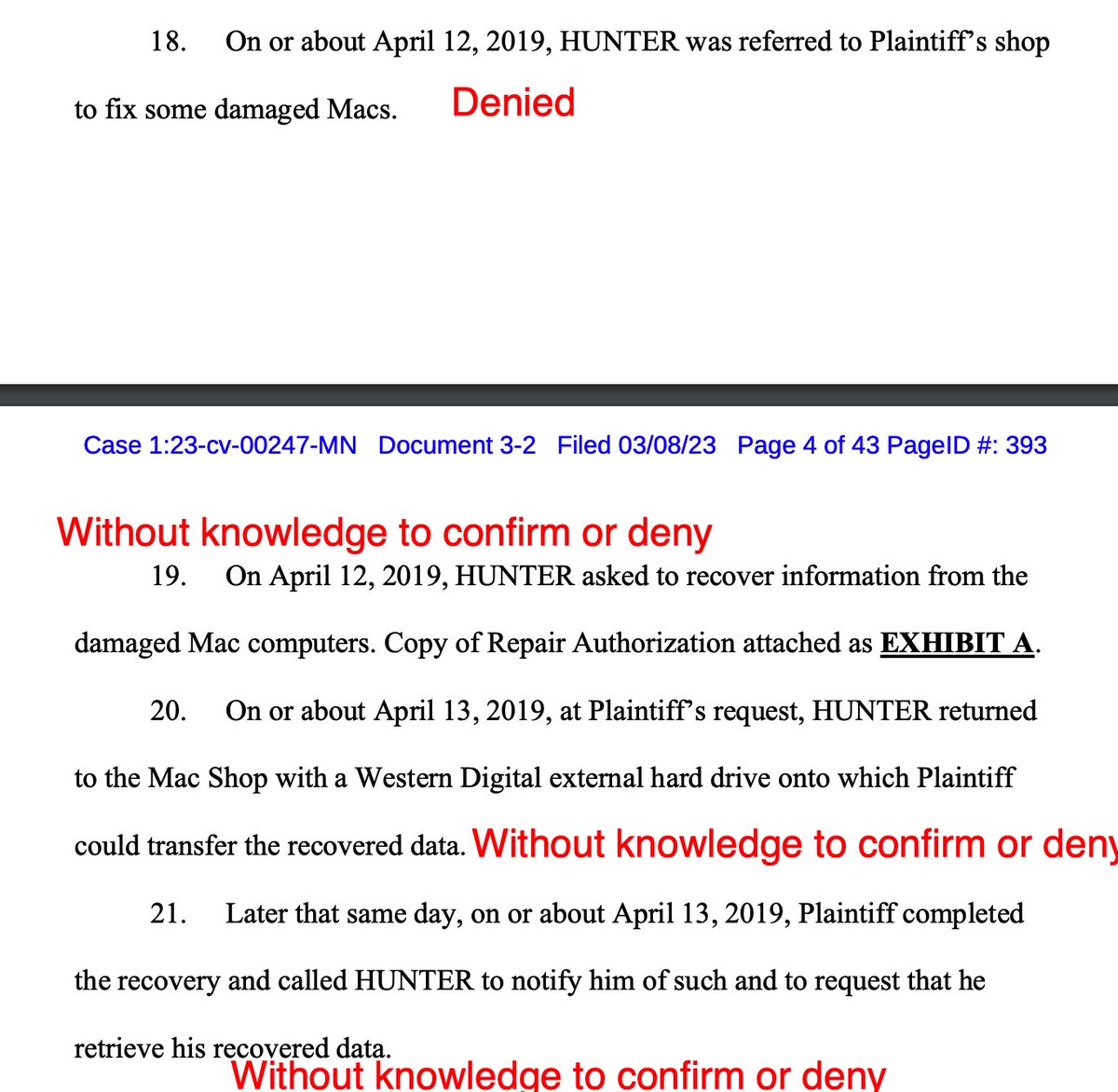I largely agree with this thread. Having said that I do think McConnell did his best to make it *feel* like something new and unprecedented was happening in 2016 and that has played no small part in fueling liberal fury over this.
https://twitter.com/Nate_Cohn/status/1307645263742406657
In my view the 2016 situation should really be understood as the modern partisan polarized Senate’s first reckoning with a problem: what happens when a Supreme Court vacancy opens up, and the president and Senate majority are different parties?
That problem hadn't arisen since the 1990s, in a very different political era.
McConnell had to decide how to respond. He did so by making up some BS about how a SCOTUS nominee shouldn't be confirmed in an election year.
(He's since qualified that "rule," but didn't initially)
McConnell had to decide how to respond. He did so by making up some BS about how a SCOTUS nominee shouldn't be confirmed in an election year.
(He's since qualified that "rule," but didn't initially)

Garland was surely headed for defeat if he got a vote. Remember it took 60 votes at the time, so 14 Republican senators would have had to vote for him. Absolutely not happening.
But McConnell wanted to go a step further and shield his vulnerable senators from even taking a vote
But McConnell wanted to go a step further and shield his vulnerable senators from even taking a vote
Hence the blockade. McConnell liked it because it concentrated all the credit/blame on himself, even though it likely didn't change the outcome for Garland.
But it also, to liberals, made McConnell into the villain who "stole" the seat, fueling cries for court-packing
But it also, to liberals, made McConnell into the villain who "stole" the seat, fueling cries for court-packing
Where would we be if McConnell had let the Garland nomination fail "normally" — by being filibustered or in an up or down vote?
I don't know. But when you openly taunt or troll people (as McConnell has here), they get very angry. Where that anger will lead, we'll have to see
I don't know. But when you openly taunt or troll people (as McConnell has here), they get very angry. Where that anger will lead, we'll have to see
• • •
Missing some Tweet in this thread? You can try to
force a refresh





















